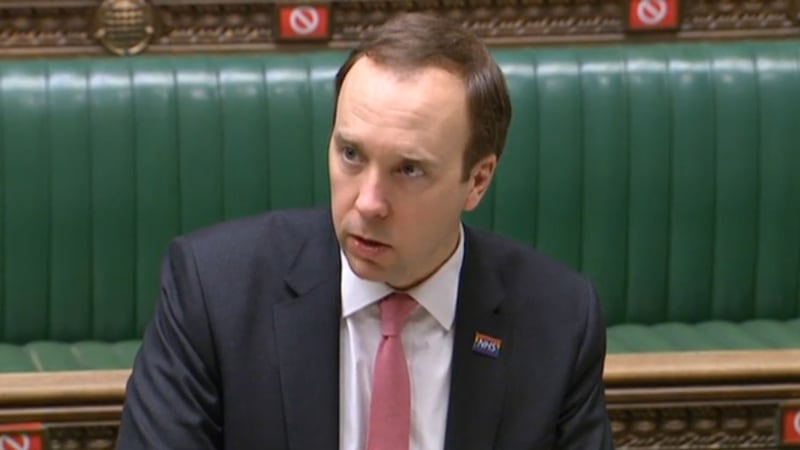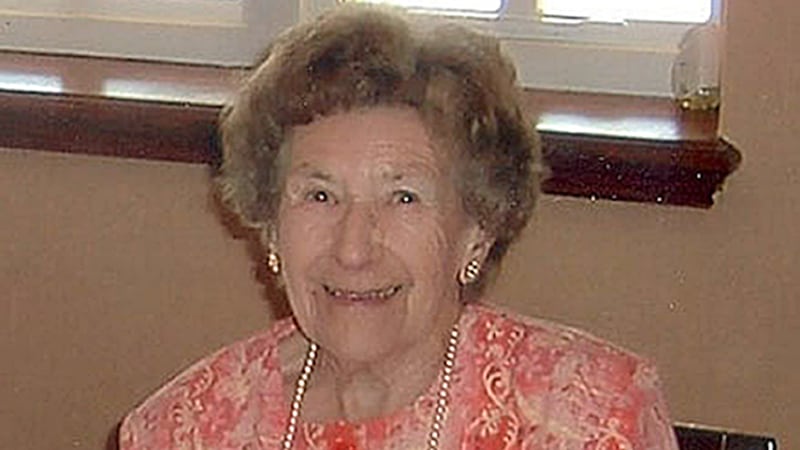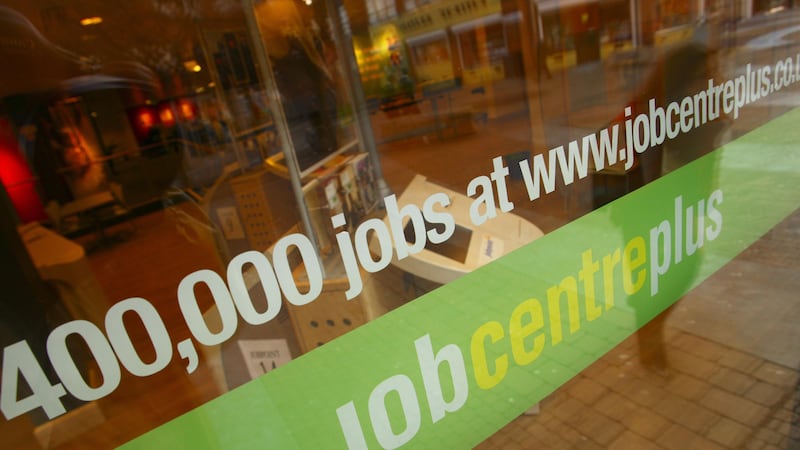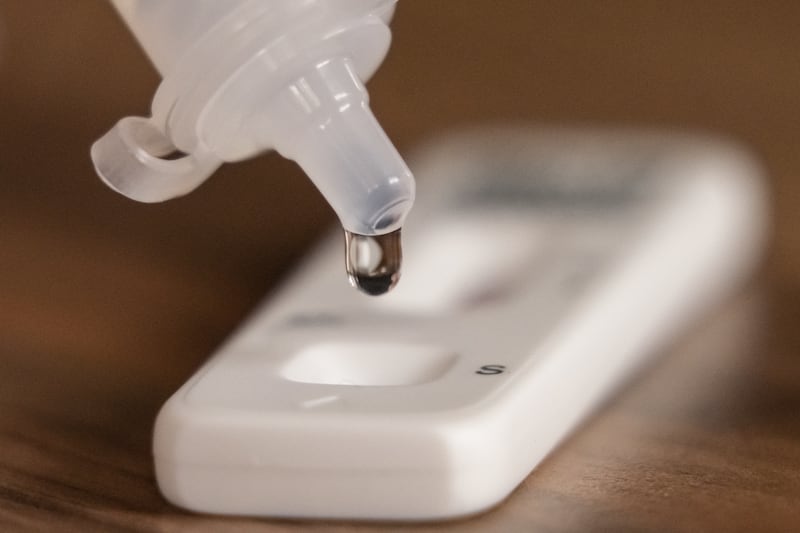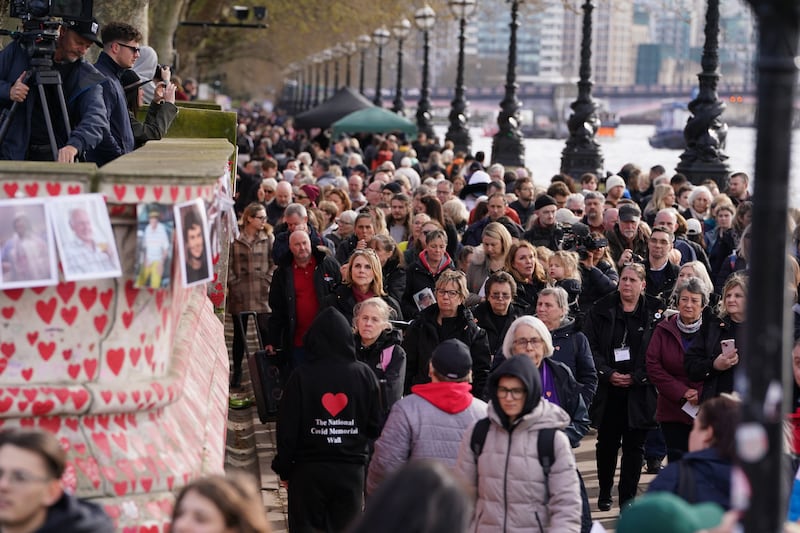Arriving travellers put in quarantine hotels in England will be charged £1,750 for their stay, British health secretary Matt Hancock has announced.
Passengers face fines of up to £10,000 for failing to quarantine and those who lie on their passenger locator forms face up to 10 years in jail.
The Cabinet minister said the measures announced will need to be replaced to enable "safe and free international travel" in the future.
He told the House of Commons in London that 16 hotels have been contracted to provide 4,600 rooms for the hotel quarantine programme which begins on Monday.
UK nationals or residents returning to England from 33 "red list" countries will be required to spend 10 days in a government-designated hotel.
Anyone who attempts to conceal that they have been in one of those destinations in the 10 days before arrival faces a prison sentence of up to 10 years, Mr Hancock said.
He also confirmed the new "enhanced testing" regime for all international travellers, with two tests required during the quarantine process from Monday.
Mr Hancock told the Commons: "People who flout these rules are putting us all at risk.
"Passenger carriers will have a duty in law to make sure that passengers have signed up for these new arrangements before they travel, and will be fined if they don't, and we will be putting in place tough fines for people who don't comply.
"This includes a £1,000 penalty for any international arrival who fails to take a mandatory test, a £2,000 penalty for any international arrival who fails to take the second mandatory test, as well as automatically extending their quarantine period to 14 days, and a £5,000 fixed penalty notice - rising to £10,000 - for arrivals who fail to quarantine in a designated hotel."
He added: "I make no apologies for the strength of these measures, because we're dealing with one of the strongest threats to our public health that we've faced as a nation."
Asked when the new rules will be relaxed, Mr Hancock replied: "We want to exit from this into a system of safe international travel as soon as practicable and as soon as is safe."
He said work is ongoing to assess the current vaccines against variants of the virus, adding: "If that isn't forthcoming then we will need to vaccinate with a further booster jab in the autumn, which we're working with the vaccine industry.
"These are the uncertainties within which we are operating and hence, for now, my judgment is the package we've announced today is the right one."
No decision has been reached by the Stormont Executive on hotel quarantine for overseas travellers - more than a fortnight after Health Minister Robin Swann requested the measure.
In the House of Commons today, DUP Upper Bann MP Carla Lockhart accused the Dublin government of being "irresponsible" in not sharing arrivals data with the UK.
She told the Commons: "There will be significant concern amongst the population of Northern Ireland that entry into the UK could continue through Dublin. This puts people in my constituency at additional risk of new variants.
"Does (Matt Hancock) agree that this is not behaviour becoming of a good neighbour, in fact it is quite shameful and irresponsible for the government in the Irish Republic to refuse to share arrivals data with the UK?
"Furthermore if this continues, does he agree that the hard border currently being enforced by the Irish Republic restricting travel from North to South will also have to be enforced by the PSNI to stop entrants into Northern Ireland from across the border to protect the UK?"
Mr Hancock responded: "No, I don't agree with (Ms Lockhart) and I want to reassure every one of her constituents and all citizens across Northern Ireland that we're working very closely with the government in Dublin to ensure that data is shared properly.
"And that both governments have an appropriate system to safeguard our borders against the challenges that we face and to allow for the free travel within the common travel area."
Scotland confirmed it will require people arriving on all direct international flights to enter quarantine hotels.
Scottish Transport Secretary Michael Matheson said England's approach is "not sufficient and we have therefore gone further".
Passengers required to stay in a quarantine hotel will need to reserve a room in advance through an online system.
A document leaked last week indicated that the British government expects around 1,425 arrivals a day to require a room.
This would mean the 4,600 rooms could be fully booked after just three days, but Mr Hancock told MPs that "we will secure more as they are needed".
These travellers will only be allowed to enter the UK through a "small number of ports that currently account for the vast majority of passenger arrivals", Mr Hancock added.
The £1,750 fee for an individual includes the hotel, transfer and testing.
Paul Charles, from travel consultancy The PC Agency, said he has seen a British government document indicating that hotels are only being offered £50 a night to participate, despite those on Bath Road near Heathrow Airport currently charging an average of £77 a night to members of the public.
He added: "It's no wonder hotels are less than enthusiastic. Their costs will outstrip the income from government."
He also warned that the UK economy will take "a massive hit from the lack of certainty over reopening".
